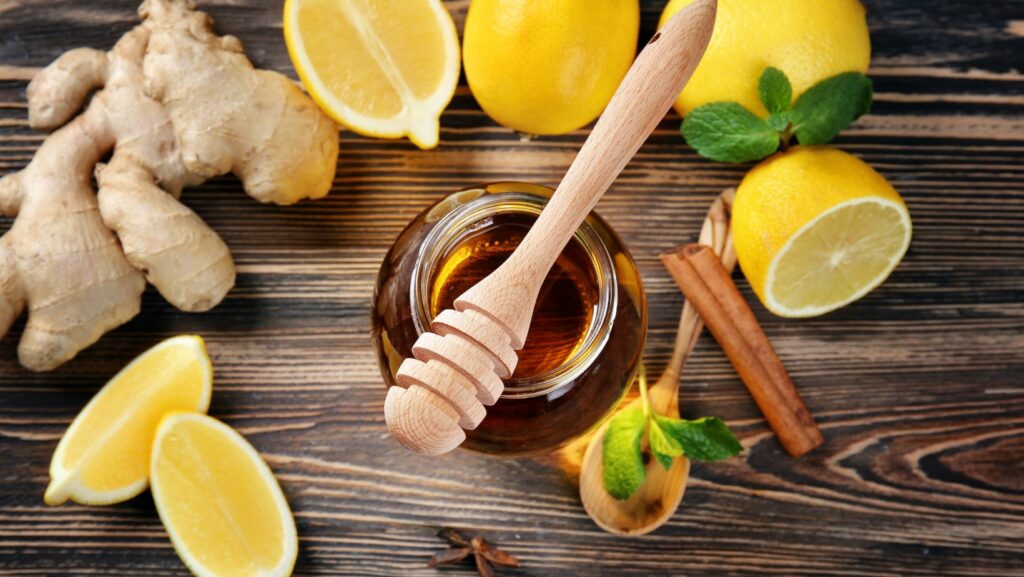Natural Remedies for Kennel Cough
Natural Remedies for Kennel Cough, scientifically known as canine infectious tracheobronchitis, indicates a highly contagious respiratory disease. Dogs frequently contract it through exposure to bacteria or viruses present in populated areas, groomers, boarding kennels, or animal shelters. Its hallmark symptom, a persistent dry hacking cough, often sounds like a honking goose.
Dogs contract kennel cough primarily through exposure to infectious agents. Key culprits include Bordetella bronchiseptica bacteria and the canine parainfluenza virus. Other pathogens such as canine adenovirus type 2 play a role too. Transmission happens through direct contact, air droplets, or contaminated surfaces — shared water bowls, toys, etc.
The disease manifests through several symptoms. Besides the distinctive dry, hacking cough, dogs may exhibit sneezing and nasal discharge. Decreased appetite and lethargy are common, especially if the dog’s overall health is compromised. In rare instances, symptoms can escalate to pneumonia, highlighting the need for prompt action when kennel cough is suspected.

Recognizing Kennel Cough
Recognizing kennel cough in dogs can help ensure timely and effective treatment. Both the process of diagnosis and understanding the stages and severity are crucial steps in this recognition.
Diagnosis of kennel cough begins with the veterinarian’s clinical assessment. The vet listens for abnormal respiratory sounds during auscultation and notes any changes in a dog’s behavior, such as decreased activity or appetite. Furthermore, they factor in factors like exposure risk, for instance, recent visits to doggy daycares or boarding kennels. Laboratories could also be employed for more definitive diagnostic methods. They often utilize tests such as bacterial cultures, polymerase chain reaction tests (PCR), or serology, which detect specific pathogens like Bordetella bronchiseptica bacteria and canine parainfluenza virus.
Early in the disease course, dogs exhibit mild, intermittent coughing that may get mistaken for throat clearing. However, typically within a week, this progresses to a severe, productive cough that persists even at rest. Dogs may gag or choke after coughing, producing foamy phlegm.
In uncomplicated cases, the dog appears otherwise healthy and maintains a normal appetite and activity level. Here, the disease resolves within 10–20 days without medical intervention. But in severe cases—made more likely by co-infecting viruses or a compromised immune system—the dog may exhibit lethargy, decreased appetite, and nasal discharge. Risk of pneumonia increases, making prompt medical attention vital.

Natural Remedies for Respiratory Turbulence
Offering relief for dogs suffering from kennel cough, natural remedies emerge as the protagonists in this tangled tale of respiratory turbulence. Their gentle touch soothes the distressed throat of the afflicted canines, playing a key role in their road to recovery.
Tapping into the healing properties of nature, herbal remedies stand as effective soldiers against kennel cough. Plants like echinacea, thyme, and licorice root showcase potent capabilities.
- Echinacea: Boasting a reputable immune-boosting effect, echinacea helps fortify a dog’s disease-fighting mechanisms, setting echinacea at the forefront of herbal remedies for kennel cough.
- Thyme: Championed for its cough-relieving prowess, thyme eases the harshness of the cough, making breathing less problematic for the infected pooch.
- Licorice Root: Serving as an all-natural cough suppressant, licorice root helps to soothe the throat and reduce inflammation.
Remember, these remedies find their best use in consultation with a seasoned veterinarian. Their role, offering relief but not acting as a complete cure, remains vital to remember.

Venturing into the realm of homeopathy, remedies like Drosera and Bryonia translate well into the canine world, making significant strides in combating kennel cough.
- Drosera: Offering significant relief from kennel cough’s characteristic dry, hacking cough, Drosera finds its place in many canine medicine cabinets.
- Bryonia: Praised for its effectiveness in relieving both dry and wet coughs, Bryonia helps reduce discomfort and other associated symptoms.
Again, it’s crucial to pinpoint that while homeopathy does alleviate symptoms, expert guidance from a veterinarian ensures optimal health for your furry friend. In fighting kennel cough, every ally counts, natural or not. Whether it’s herbal solutions, homeopathic treatments, or diet adjustments, these alternatives have shown promise in dealing with kennel cough effectively. However, it’s critical to remember that a proactive stance is better than a reactive one. Preventive measures like regular cleaning, good ventilation, and timely vaccinations can significantly minimize the risk of kennel cough outbreaks.

